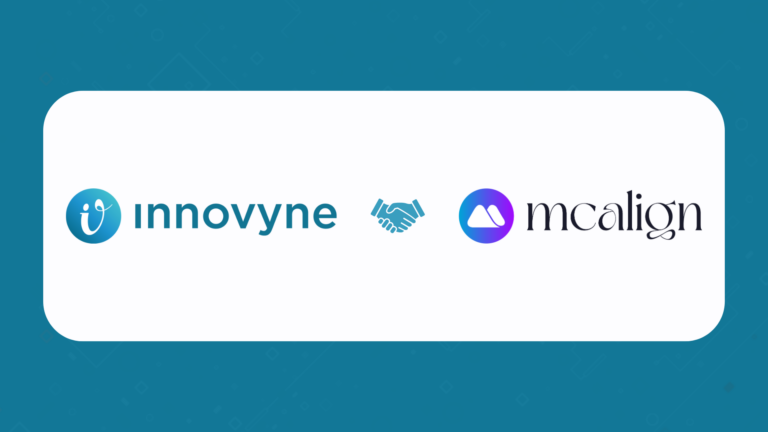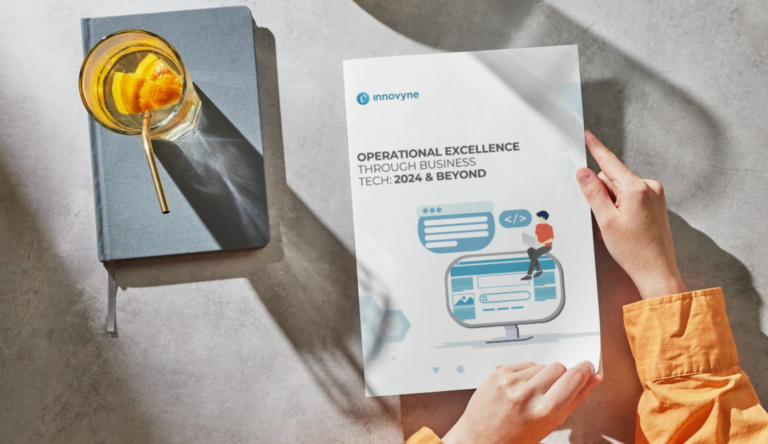Sales forces are predominantly the driving force of any organization, and sales reps play a fundamental role in generating sales revenue. Successful sales reps serve as gatekeepers to growth and development, and how they approach a sale can make a huge difference in outcomes.
As companies continue to evolve, lead generation and qualification become even more vital. In order for your sales reps to close more sales and generate more revenue, they need a well-structured sales process in place that should be measurable and scalable.
Leading-edge companies use a 7-stage process that improves prospecting effectiveness and selecting of the best opportunities, which helps to increase sales and customer loyalty. The stages are:
- Prospect
- Connect and Qualify
- Research
- Present
- Handle Objections
- Close
- Communicate and continue to sell.
While each step holds importance, it’s step two that we’re going to focus on in this article. Also known as the sales discovery stage, this is the most important stage of all of them. It’s where sales reps ask the all-important questions that will qualify the prospect and determine whether there is an alignment between customer needs and vendor offers. It also allows the salesperson to determine timing, budget, executive approval, pain points, and many other factors that will pave the road to success if this stage is executed well.
This stage is very important as well because it is often the first time the sales professional has the chance to build rapport and show their value to the prospect. The beginning of the relationship is being formed!
Focusing on sales effectiveness
So, what tends to go wrong during the sales discovery stage? Two of the most common reasons are:
- Sales reps don’t ask the right questions before uncovering the real pain points of the prospect.
- Sales reps only ask close-ended questions that don’t elicit much of a response (think yes or no questions) and therefore cannot extract useful insights around the sale.
To encourage a potential customer to give a full, meaningful answer, it is essential to use open-ended questions. This helps sales reps uncover their buyers’ true wants and needs and build a stronger connection during the sales discovery stage.
Asking strategic questions during this stage will help sellers create a more tailored and compelling offer. Strategic questions can also help to display empathy, which, according to Jamil Zaki, author of The War for Kindness, is a relevant approach to increase the chances of closing a deal. The research found that 42% of consumers refuse to buy from enterprises they don’t feel empathetic.
The best questions to ask when qualifying leads
- Can you tell me more about your current business needs in the area of …?
This question helps sales reps in qualifying leads because it’s an opportunity to better understand if the buyer’s needs can be addressed by the seller’s solution.
- What significant challenges are you currently facing?
This approach enables both parties to deeply understand the buyer’s challenges in a value-driven sales cycle.
- What impact do these challenges have on the business (on you personally and the company)?
According to Harvard Business School professor Gerald Zaltman, 95% of purchasing decisions are subconscious. The sales rep can navigate the emotional factors that prospects are considering by asking this sales discovery question.
- Why are you’re looking to address these challenges now?
Knowing the “why” a company is looking to purchase a solution is critical in increasing sales effectiveness. Understanding that compelling reason will help you tailor your solution to mitigate their challenges.
- What will the impact be if you don’t address those challenges?
This sales discovery question is similar to question 4 but reworded and encourages buyers to think about the negative impacts of leaving challenges unaddressed. It also gives the salesperson another chance to qualify leads.
- What would a successful outcome look like?
A dreamer question helps your prospect paint the future, leading to an emotional tie to the result and priming them towards your solution.
- What are some internal factors that impact the search for a solution to this challenge?
Understanding the prospect’s priority is critical in determining if your solution will be considered, and it provides additional insights around other potential barriers.
- If you implement this solution, what changes would you like to see within a year?
Like question 6, this sales discovery question guides the buyers to reflect on the possible future benefits in a more tangible way.
- In an ideal world, when would a solution be implemented?
This question helps to understand the buyer’s priority to close the deal, thereby qualifying the lead further.
- What is the internal process around getting this project approved and started?
This question will provide insights into how complex the sales process will be and timelines. With this information at hand, the sales reps can more easily manage their pipeline plan.
- Who are the decision-makers involved in getting this project and budget approved?
The information gathered at this point of the sales discovery stage helps sellers get the names and job functions of those involved and support the research process to tailor conversations.
The salesperson can also ask sales probing questions to gather detailed information and engage the prospect during the conversation. For example, yes/no questions can be followed by, “Can you tell me more about it?” or “Can you give an example to illustrate that?”.
Note: Although it is crucial to prepare a few insightful questions before a sales call, the conversation should naturally flow with the discussion rather than appearing scripted.
Want to know more about how to improve sales processes? Contact us.



